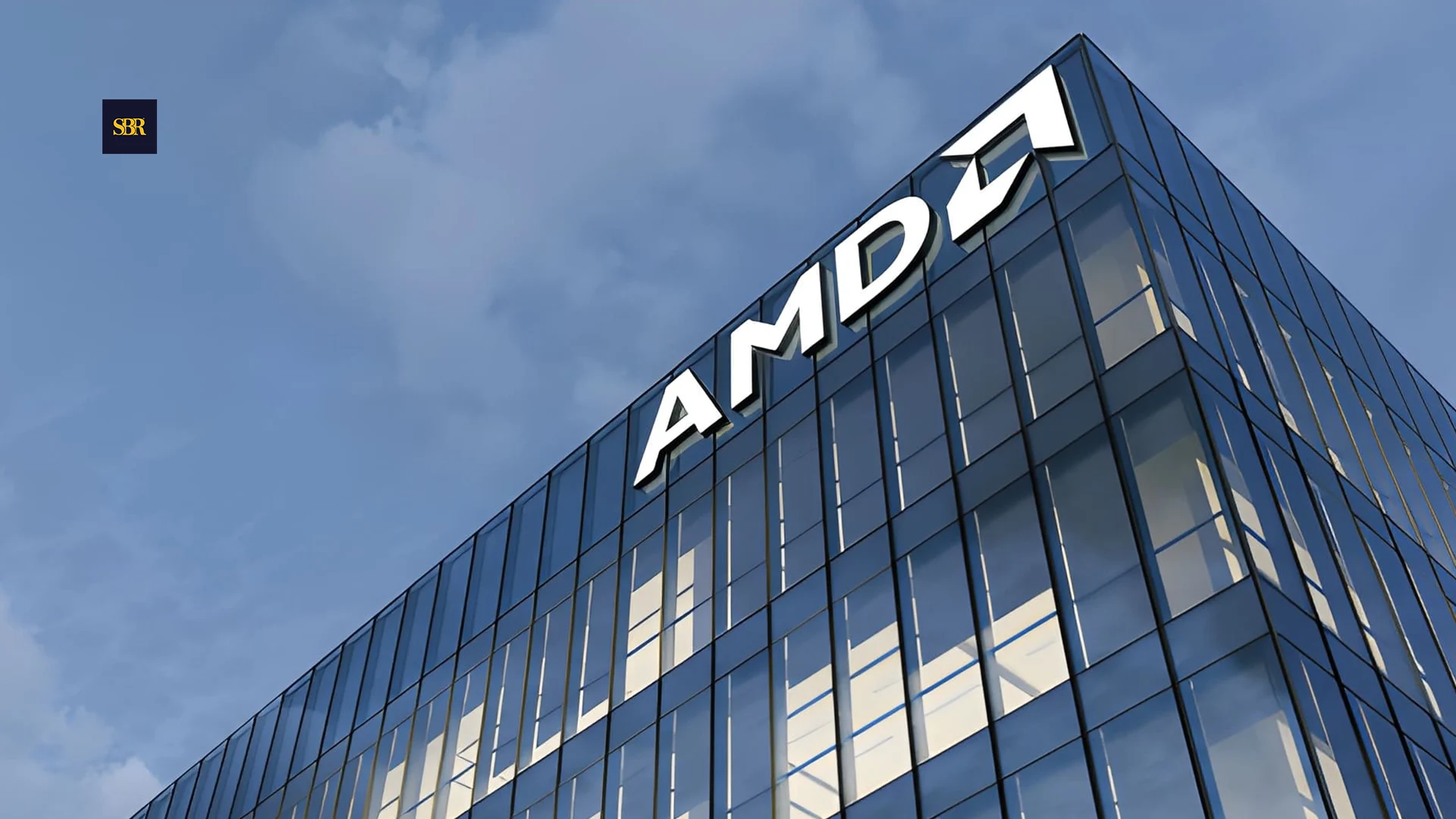SAN FRANCISCO, May 9, 2025 — NewLimit, a biotechnology startup focused on extending human healthspan through cellular reprogramming, has raised $130 million in a Series B round led by Kleiner Perkins, the company announced Thursday. The round includes new investors Nat Friedman, Daniel Gross, and Khosla Ventures, along with returning backers such as Founders Fund, Dimension Capital, Elad Gil, Garry Tan, and Stripe co-founder Patrick Collison.
The fundraising, which follows a $40 million Series A two years ago, brings NewLimit’s total capital raised to $170 million. The company said it will use the new funds to advance its work on epigenetic reprogramming—a method aimed at restoring youthful function in aged human cells.
Co-founded in 2021 by Coinbase CEO Brian Armstrong, former GV general partner Blake Byers, and stem cell scientist Jacob Kimmel, NewLimit claims to have developed three prototype treatments targeting liver cell rejuvenation. According to Kimmel, early laboratory experiments suggest these drugs restore critical liver functions such as fat and alcohol metabolism in aged cells.
Kimmel said the startup benchmarks its findings by comparing responses between young and aged cells. In tests, older liver cells that underwent NewLimit’s genetic reprogramming displayed improved performance more typical of younger cells.
Though the company has yet to begin human clinical trials, it views its preclinical data as encouraging. “We’ve seen that reprogrammed liver cells behave functionally younger,” Kimmel said in an interview.
The startup is also betting heavily on artificial intelligence to scale drug discovery. Using an in-house AI model, NewLimit simulates and ranks thousands of experimental conditions, testing only the most promising candidates in the lab. The resulting data is then cycled back into the model in what Kimmel describes as a “lab-in-a-loop” process. “It lets us accelerate what would otherwise take years into months,” he added.
NewLimit’s efforts place it among a growing class of longevity-focused biotech startups. Competitors include Retro Biosciences, which raised $180 million from OpenAI’s Sam Altman and is now reportedly seeking a $1 billion Series A, and Altos Labs, launched in 2022 with a $3 billion war chest from backers including Jeff Bezos.
Despite the capital flowing into the longevity space, much of the field remains unproven. Critics argue that while cellular reprogramming shows promise in mice and in vitro studies, translating these results to human therapies remains a formidable challenge.
NewLimit acknowledges the road ahead is long. Human trials are not expected for several years, and many technical hurdles remain. But with a growing team and deeper financial backing, the startup believes it can push the science forward faster than traditional pharma models allow.
“The aim,” Kimmel said, “is to go from proof-of-concept to real clinical value—and to do it in our lifetime.”
An older liver cell that has gone through NewLimit’s reprogramming behaves more like a younger cell.

















